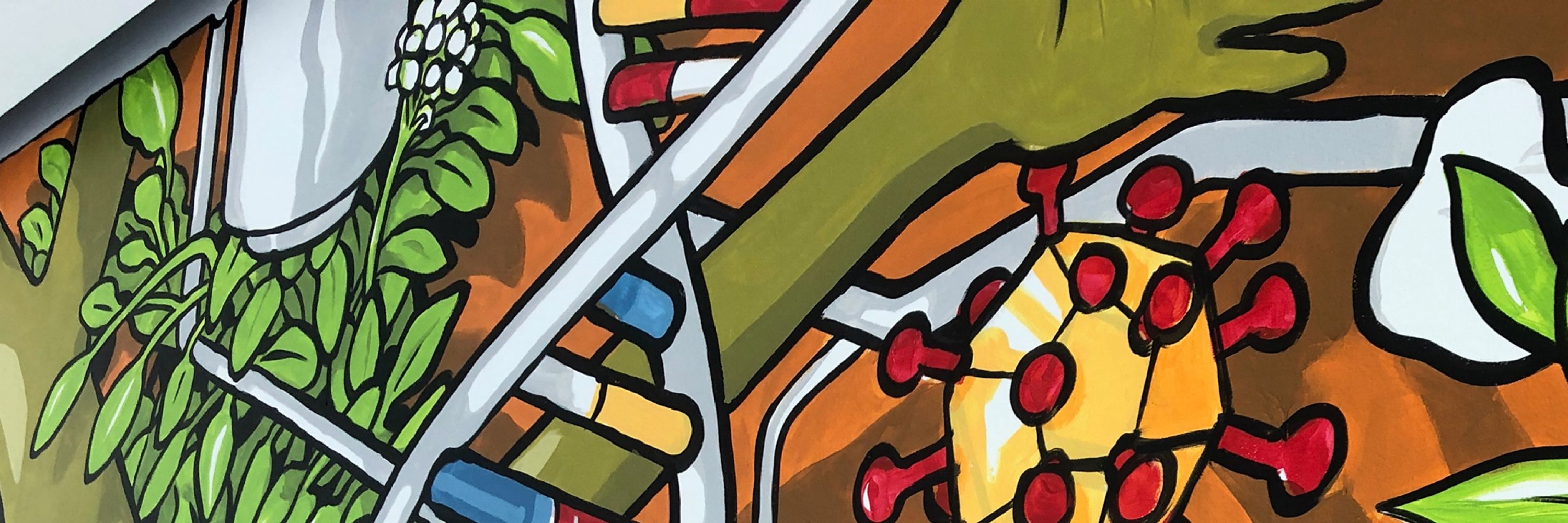
Learn more: jgi.doe.gov/work-with-us...
Learn more: jgi.doe.gov/work-with-us...
You can also find tips for submitting a winning proposal in these links ⬇️
🎧: jointgeno.me/JGIProposalTips
📹: jointgeno.me/CSPProTips

You can also find tips for submitting a winning proposal in these links ⬇️
🎧: jointgeno.me/JGIProposalTips
📹: jointgeno.me/CSPProTips
Sound like you? Learn more: jointgeno.me/CSPFunctionalGenomics
Sound like you? Learn more: jointgeno.me/CSPFunctionalGenomics
jointgeno.me/FY25FG

jointgeno.me/FY25FG
jointgeno.me/FY25FG

jointgeno.me/FY25FG
jointgeno.me/FY25FG

jointgeno.me/FY25FG
jointgeno.me/FY25FG

jointgeno.me/FY25FG
jointgeno.me/FY25FG

jointgeno.me/FY25FG
jointgeno.me/FY25FG

jointgeno.me/FY25FG
jointgeno.me/FY25FG

jointgeno.me/FY25FG

